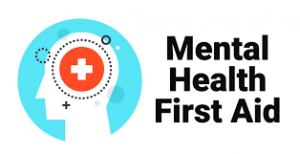Past – registration closed!
 Interview Training
Interview TrainingTrainer: Prof. Leonie Ringrose
Target group:
Doctoral researchers in their last year /finishing soon
Learning objectives:
Full description:
Please find a detailed description here: Interview_training_PhD_students
Course fee: 198 € from your course budget
 Scientific Writing “Writing a Scientific Paper : From Structure to Manuscript”
Scientific Writing “Writing a Scientific Paper : From Structure to Manuscript”
Trainer: Prof. Leonie Ringrose
Date: September 9th – 11th, 2024 (3 days)
Learning objectives
This intensive workshop about writing a scientific paper involves analysis of good and bad examples from the literature and detailed feedback on writing tasks performed both individually and as teamwork.
Learning objectives:
After the workshop, participants will have:
• Written and received feedback on each section of a paper.
• You will have a “reference toolbox” of structure, syntax and vocabulary for each part of the paper.
• You will also gain skills in speed-reading,
• Fast and effective planning
• Writing scientific English to a fully professional standards.
Course fee: 432 € from your course budget
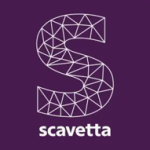 Statistical Literacy
Statistical LiteracyTrainer: Dr. Rick Scavetta
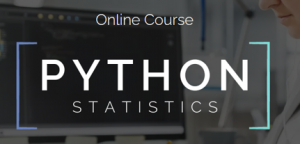
Short description:
This course will delve into the development of straightforward, simple and effective Python scripts working on a case study. Participants will get the opportunity to implement statistical analysis while simultaneously learning Python. The course includes hands-on examples and notebooks. It’s designed to be highly interactive, featuring in-class exercises and group work whenever possible. Participants should bring a background in statistics and interest in seeing their knowledge applied to solve concrete questions and some (even little) programming skills.
We will learn how to plot and describe the data, how to manipulate basic data-structures in Python, how to write functions that compute confidence intervals, perform hypothesis testing, linear regression, contingency tables, and bootstrapping. You will have your own Jupyter notebook to work with and code while we do the course. At the end of the “Python for Statistics” course you will have your own functions and routines to perform your analysis without the help of other software packages.
Course fee: 400 € from your course budget
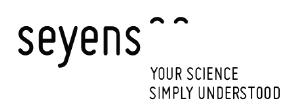
Trainer: Dr. Jernej Zupanc
Location, format & date:
Combined self-study video courses followed by a live webinar (~12-14h hours in total); Self learning before live webinar session on October 18th
Target group:
All stages of your PhDs, useful for all who want to visually amplify their messages. No inherent talent is necessary.
Course content:
This comenable you to visually communicate your complex research ideas and findings so your messages are effortlessly understood prehensive communication training will by any target audience (scientists or non-scientists). You will learn a strategic design process that is aligned with how humans easily interpret visual information and can be applied to create effective scientific images, posters, and slides. This is an immersive training, structured, easy to follow, memorable, useful, and fun.
Please check here for the course content.
More information about the trainer and course content:
Course fee: 165 € from your course budget

Date: November 7th, 2024
Trainer: Prof. Leonie Ringrose
Target group: first year doctoral researchers with the aim to put “career” on their horizon from day one
Learning objectives:
After the workshop, participants can:
Full description:
Please find a detailed description here: Career orientation
Course fee: 198 € from your course budget

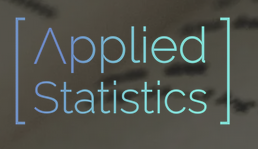
Short description:
This course will cover a broad range of standard statistical analysis methods and tools. It is the perfect balance between theoretical background information and examples. It covers topics such as: Histograms, Descriptive statistics, Boxplots, Probability Plots, Confidence intervals for means and proportions, Confidence intervals for quantiles, z-tests and t-tests for means and proportions, Wilcoxon and Mann-Whitney tests, Power analysis, Simple Linear Regression, Goodness of fit test, Homogeneity tests, Contingency tables, one-way ANOVA, Bootstrapping methods for means.
Complemented with many examples from biology, medicine and environmental science, it is suited for PhD students in biology, aiming at improving their skills and knowledge in statistics. Interested participants will have also the chance to download the datasets used in the examples and perform their own analysis. People with a Python knowledge can also download the Jupyter notebooks used to compute the analysis in the examples.
Participants in this course will receive the complete set of lecture notes to be used as starting point for applications or further studies.
Course fee: 400 € from your course budget

Trainer: Sabine Lerch
Location: Online
Tuesday, February 07, from 9-12 and from 2-5
Wednesday, February 08, from 9-12 and from 2-5
The aim is to provide doctoral students with tools for their specific environment characterized by a large variety of tasks, at times very high workload, the need to distinguish between the urgent and the important and to organize and motivate themselves. The focus will be on self-management, time management and project management. With an introduction to project planning, the participants receive a structuring aid for their doctoral thesis and other scientific projects. Participants quickly learn to apply new approaches and techniques to test their effectiveness. The tools have proven to make the participants’ personal approach to work more effective – both during training and later in the professional environment.
Based on participants’ feedback from the last two years, the course was slightly restructured to focus more on the time and project management tools. For more details, please see the attachment.
We particularly recommend the course for PhDs in their first and second year, but all are welcome.
Course content:
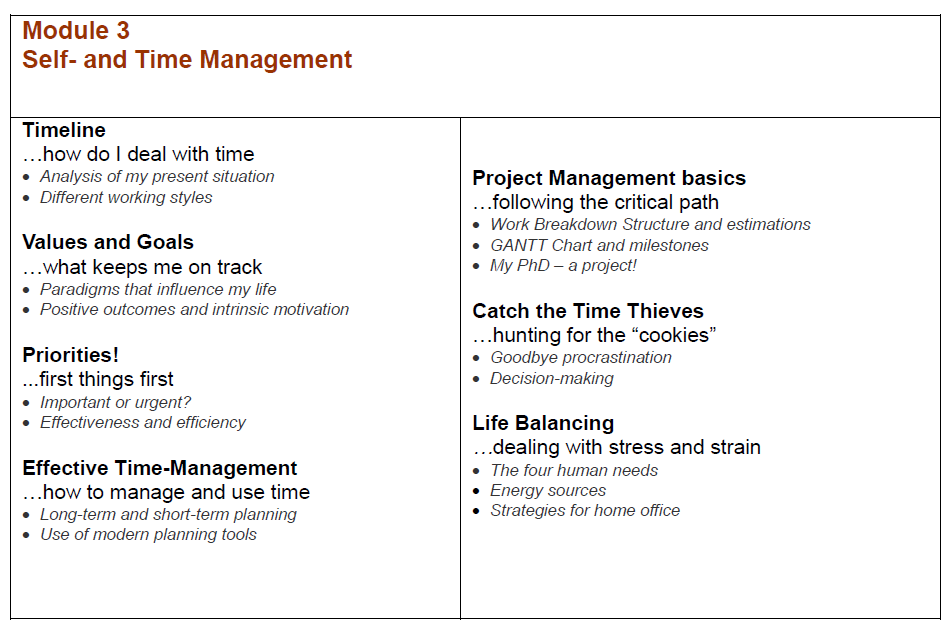
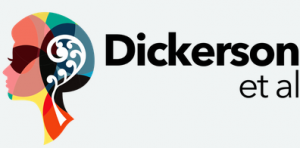 Trainer:
Trainer:
Desiree Dickerson, PhD
Dickerson et al.
Dates:
06.-07.03.2024 (2 days)
Short description:
Academia is an ultramarathon that we try to run as a sprint. We quickly run out of time and energy and can experience waning motivation, burnout, and a sense of failure. Although the environment certainly plays a role, we as individuals can address the way we approach academia to buffer us against stress and burnout, worry and fear, and the toxic competition we are often surrounded by. A healthier approach to research is possible!
In this workshop:
